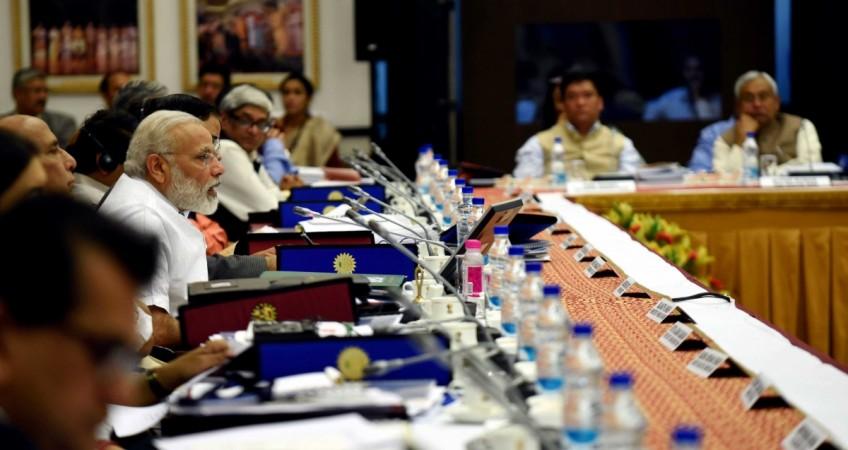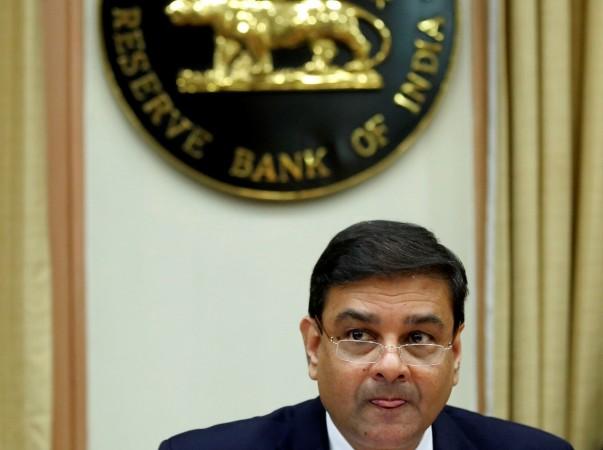
Government think tank NITI Aayog's Vice-Chairman Rajiv Kumar said on Friday that India's credit rating upgrade by Moody's Investors Service reflects the country's growth story.
He also said he hopes other global agencies like Standard and Poor's Financial Services and Fitch Ratings follow suit.
"Moody's upgrading India's Ratings is a reflection of India growth story and sound economic principles for a #NewIndia. Hoping others will follow, [sic]" wrote Kumar in a tweet.
Kumar's comment came after the rating company upgraded its ratings on India's sovereign bonds for the first time in nearly 14 years on Friday. It said India's ongoing progress on economic and policy reform will enhance the country's growth potential.
This upgrade is the first one since January 2004. All Indian markets, including stocks, bonds and the rupee, rallied on the ratings upgrade.
"The decision to upgrade the ratings is underpinned by Moody's expectation that continued progress on economic and institutional reforms will, over time, enhance India's high growth potential and its large and stable financing base for government debt, and will likely contribute to a gradual decline in the general government debt burden over the medium term," said Moody's in a statement.
However, it also warned that the major problem of high debt burden is still a big constraint on India's credit profile.
Reports suggest that the Reserve Bank of India is likely to release another list of about 50 loan accounts that are either stressed or on the verge of becoming non-performing assets (NPA) — a move aimed to address the aforementioned debt burden.

Further, the government on Thursday also appointed a committee headed by the Corporate Affairs Secretary to review the Insolvency and Bankruptcy Code (IBC) in an attempt to boost speedy revival and firms' exit.
According to recent Thomson Reuters data, based on the latest annual earnings reports, India's corporate debt surged to a seven-year high at the end of March. More than a fifth of large companies failed to earn enough to pay interest on their loans, and the pace of new loans also fell to the lowest in more than six decades.
However, the Reserve Bank of India (RBI) in September eased rules governing foreign investment for corporate debt. This move reportedly freed up about Rs 44,000 crore of debt available to the offshore investors.














